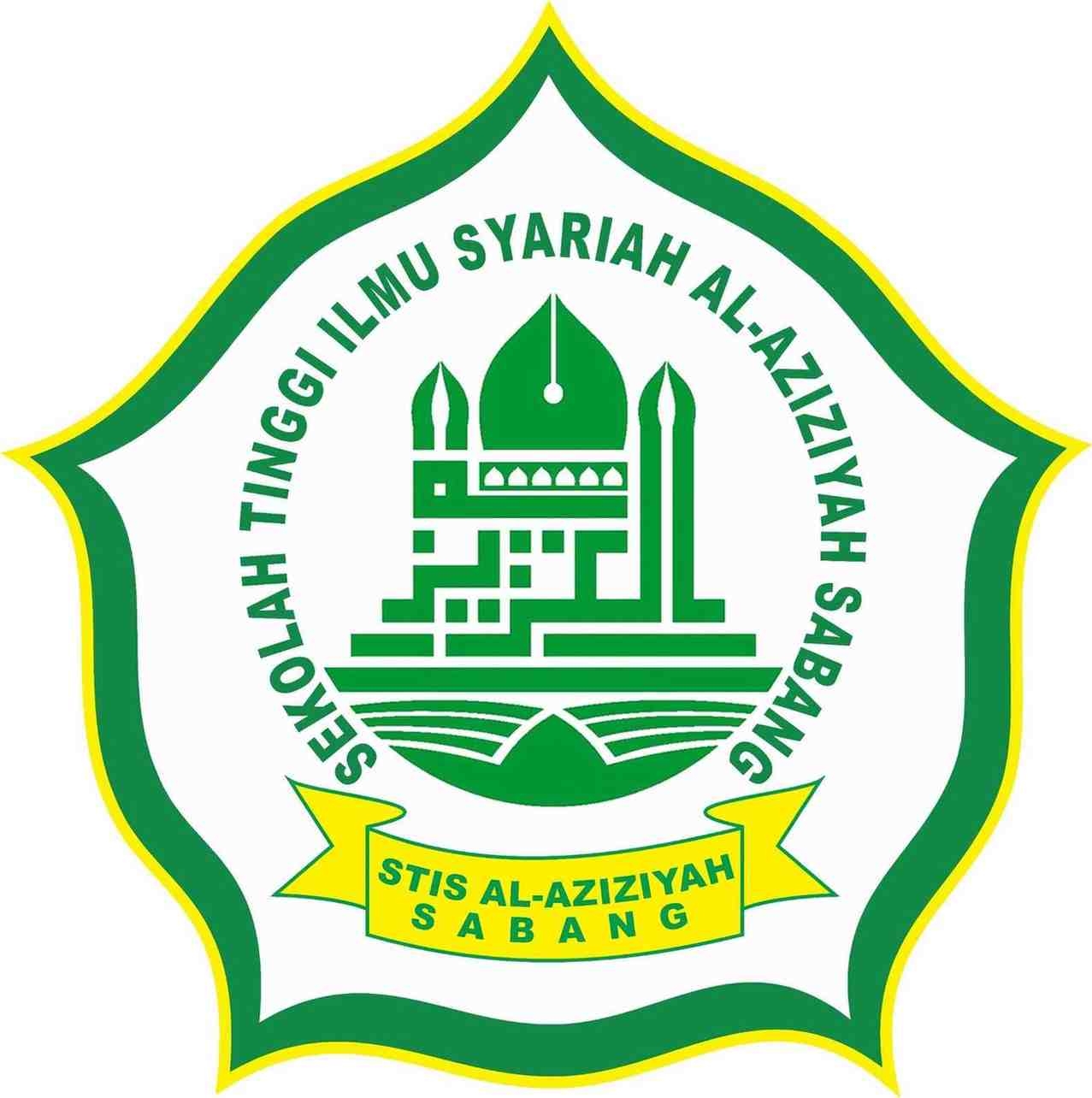Penerapan Konsep Restorative Justice dalam Penyelesaian Perkara Tindak Pidana Ringan di Aceh
Keywords:
Restorative Justice, Settlement, Light Crimes in AcehAbstract
Humans who commit an act that deviates from the rule of law, then in a state of law that person must be legally responsible for his actions. This is in accordance with the provisions of Article 271 paragraph (1) of the 1945 Constitution which obliges all citizens to uphold the law and government without exception. The special criminal justice system for children certainly has specific goals for the future interests of children and society in which the principles of restorative justice are contained, the definition of restorative justice itself is not uniform, because there are many variations of models and forms that develop in its application. How is the Law on Misdemeanor Crimes in Indonesia? How is the Restorative Justice Concept Implemented in Misdemeanor Crimes? How effective is the concept of Restorative Justice in Misdemeanor Crimes in Aceh? Legal arrangements regarding minor crimes have basically been regulated in the KUHAP and the Criminal Code and PERPU. even in the Supreme Court Regulation (PERMA) Number 2 of 2012 concerning Adjustments to the Limits of Minor Crimes and the amount of fines in the Criminal Procedure Code. The arrangement for restorative justice so far has been regulated by SE Kapolri No. SE/8/VII/2018 of 2018 concerning the Implementation of Restorative Justice in the Settlement of Criminal Cases; Chief of Police Regulation No. 6 of 2019 concerning Investigation of Criminal Acts; Prosecutor's Regulation No. 15 of 2020 concerning Termination of Prosecution Based on Restorative Justice; and Decree of the Director General of the Supreme Court of the Republic of Indonesia No.1691/DJU/SK/PS.00/12/2020 concerning Enforcement of Guidelines for the Implementation of Restorative Justice. The concept of settling cases in Aceh is carried out by Ule Jurong, Tuha Peut, Keuchiek, Imams in every gampong. And if it doesn't finish at the gampong level it goes up to the Mukim level. The Judge is Imeum Mukim. Meanwhile, the implementation of customary sanctions varies greatly, according to the case and the level of cases resolved. where the implementation of customary sanctions will be carried out immediately after the decision is delivered by the village head (Keuchik), especially regarding customary sanctions in the form of advice, warnings and apologies. for compensation sanctions, the implementation of the decision is looser, that is, it depends on the offender's economic ability to provide said compensation. Likewise, in the case of customary sanctions in the form of expulsion from the gampong, however, the implementation is not carried out immediately after the decision is made, instead, the violators of the customary norms will be given sufficient time to prepare to leave the Villages.













